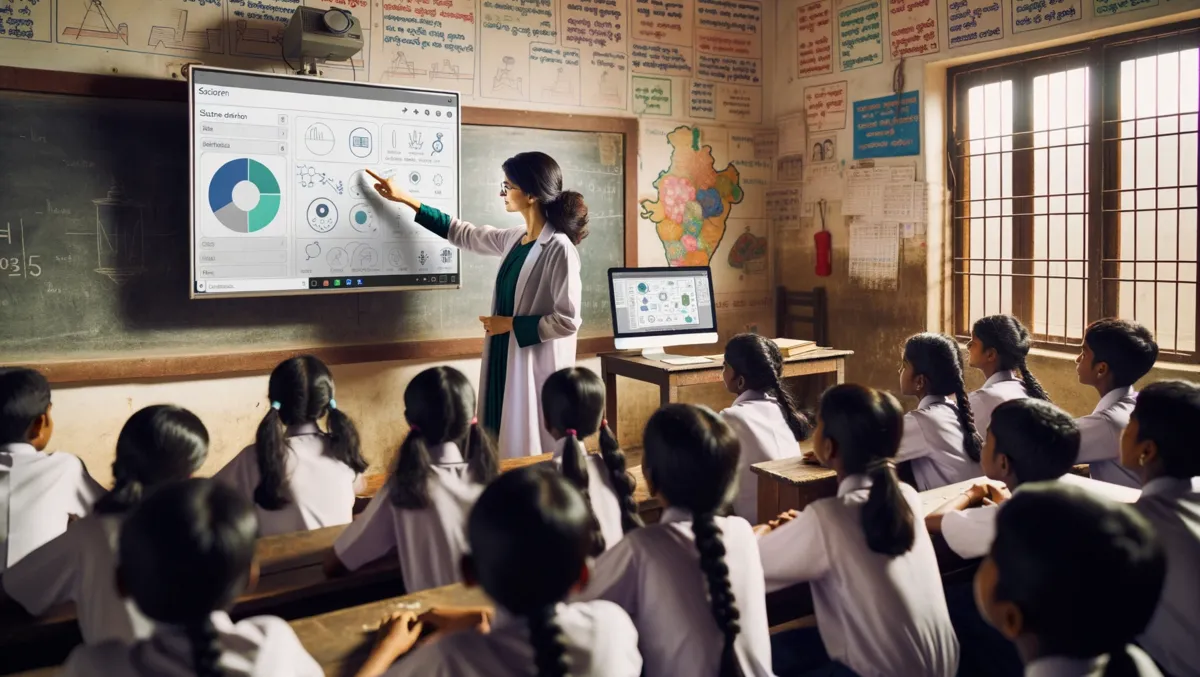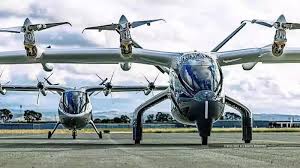AI Tutors Now Available in Public Schools
In a landmark development, artificial intelligence (AI) tutors are now being introduced into public schools across India, marking a new era in accessible and personalized education. This integration aims to bridge learning gaps, improve student engagement, and support overburdened teachers by leveraging the power of AI to tailor instruction to individual needs. After years of experimentation in private institutions and pilot programs, AI powered tutoring systems are becoming mainstream tools in government schools, particularly in underserved regions. This shift is transforming classrooms, making adaptive learning available to millions of students regardless of socioeconomic background.
AI tutors are computer programs equipped with advanced algorithms capable of understanding each student’s learning pace, strengths, and weaknesses. Unlike traditional one size fits all instruction, these tutors deliver customized lessons, exercises, and feedback. For example, a student struggling with fractions might receive additional visual aids, interactive problem sets, and timely hints, while a more advanced learner can move ahead to complex concepts without waiting. This level of personalization is difficult to achieve in large classrooms with limited teachers, making AI tutors an invaluable supplement to human instruction.
Government initiatives have played a pivotal role in bringing AI tutors into public education. The Ministry of Education, in collaboration with leading tech startups and research institutions, has launched the AI Learning Assist program. This initiative provides AI based learning software free of cost to thousands of government schools across multiple states. These platforms come preloaded with curriculum aligned content in multiple languages and are designed to function on low cost tablets and smartphones. Importantly, the AI systems also support offline usage and sync progress once connectivity is restored, ensuring students in remote areas are not left behind.
The impact on teachers has been significant. Rather than replacing educators, AI tutors act as digital assistants relieving teachers from repetitive tasks such as grading and providing extra practice to struggling students. Teachers can use detailed analytics dashboards generated by the AI to monitor class performance, identify learning gaps, and plan targeted interventions. This data driven approach enables educators to focus on facilitating deeper discussions, creative projects, and socio emotional support. In many schools, teachers report that AI tutors have freed up time to engage more meaningfully with students who need individualized attention.
One of the most encouraging outcomes has been the improvement in foundational skills, particularly literacy and numeracy. Pilot programs in states like Kerala, Himachal Pradesh, and Karnataka show students using AI tutors scored significantly better in reading comprehension and arithmetic tests after six months compared to peers who followed traditional teaching alone. These gains are especially pronounced among first generation learners and children from economically disadvantaged backgrounds. The AI’s patient, non judgmental approach helps reduce anxiety and builds confidence, making learning a positive experience.
Despite these successes, the rollout of AI tutors in public schools faces challenges. Infrastructure remains a bottleneck many schools lack consistent electricity, internet access, or adequate devices for all students. Teacher training is another hurdle; educators must learn to integrate AI tools effectively into their pedagogy without overreliance. There are also ethical considerations about data privacy, as AI systems collect sensitive student information. The government and tech partners are working to develop strict safeguards, transparency protocols, and local data storage to mitigate risks.
Looking forward, experts envision AI tutors evolving into more interactive, multilingual, and culturally sensitive companions in classrooms. With advancements in natural language processing and emotional recognition, future AI tutors may not only assess academic progress but also support students’ emotional well being and social skills development. There is also growing interest in linking AI platforms with vocational training modules and real world problem solving tasks, bridging academic learning with employability skills. This integrated approach could revolutionize education delivery in India, making it more inclusive, effective, and adaptive.
In conclusion, the advent of AI tutors in Indian public schools is a game changer offering personalized learning at scale, empowering teachers, and improving student outcomes in unprecedented ways. While challenges remain, the ongoing collaboration between government, educators, and technology innovators holds great promise for a future where quality education is within everyone’s reach. As this AI powered transformation deepens, it sets the stage for a more equitable and dynamic education system that truly nurtures every learner’s potential.
Education











